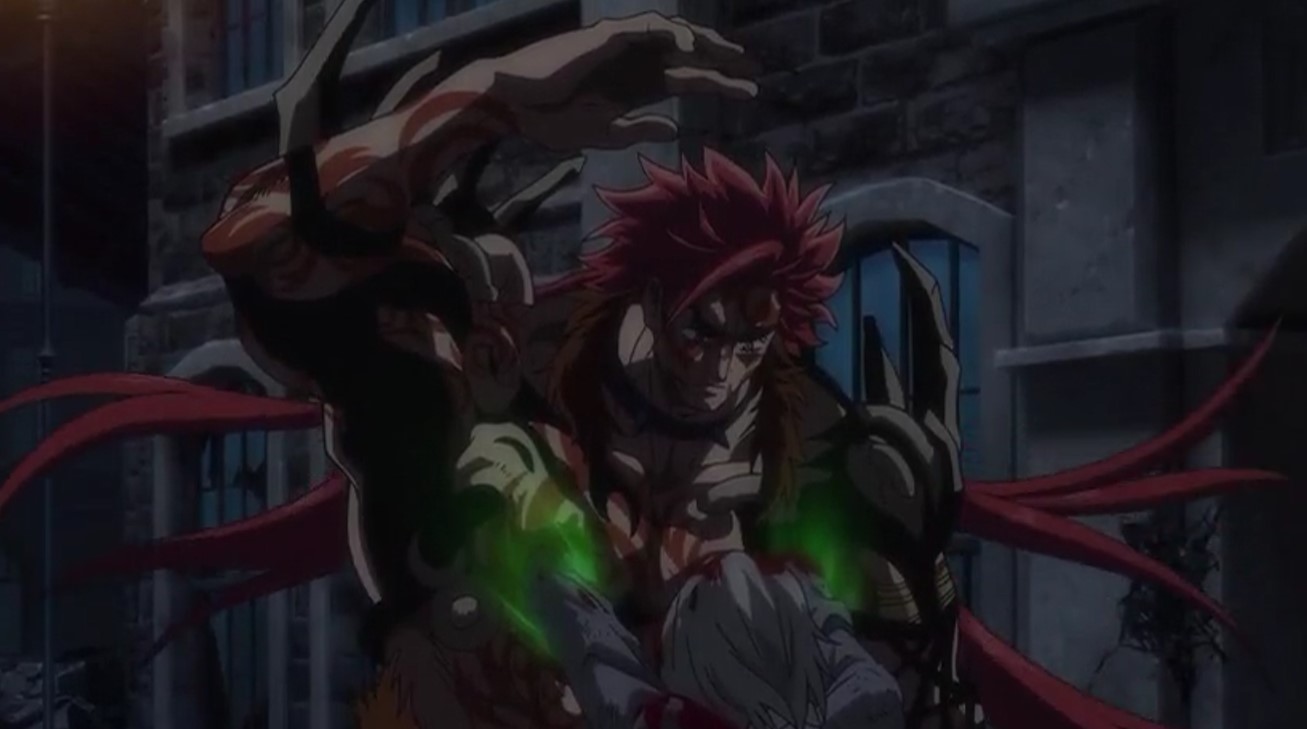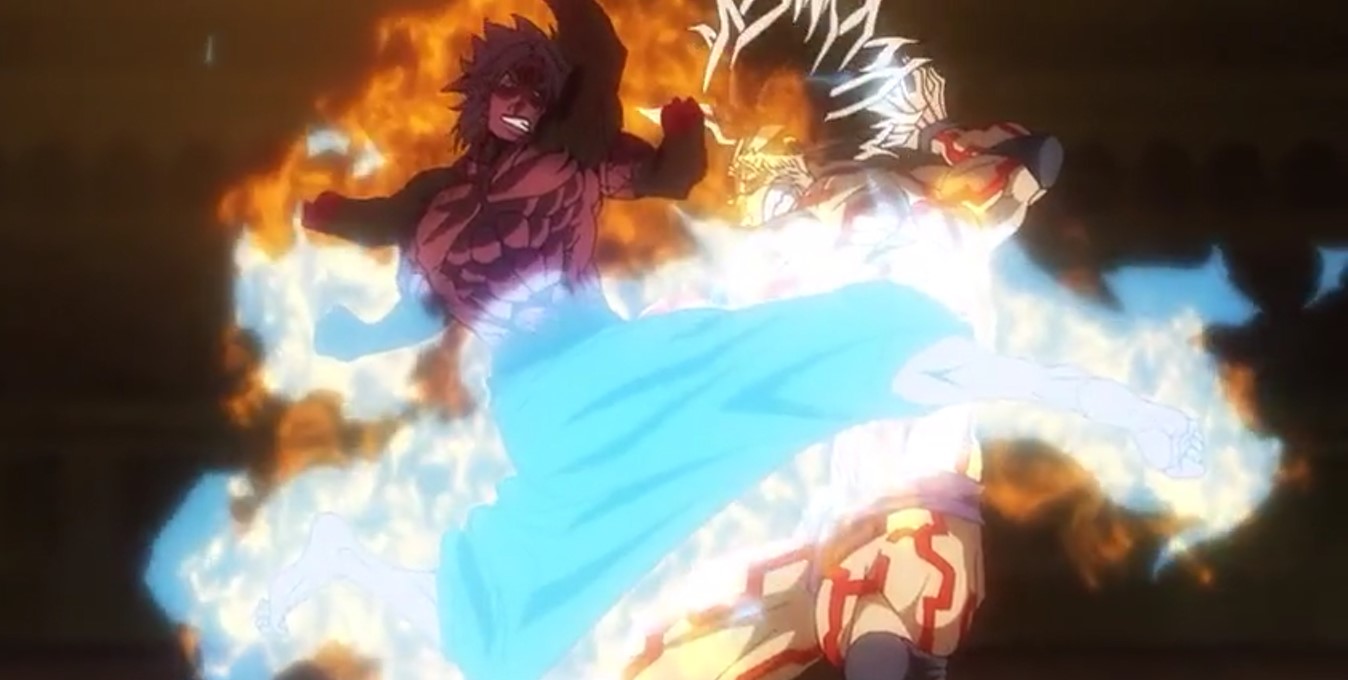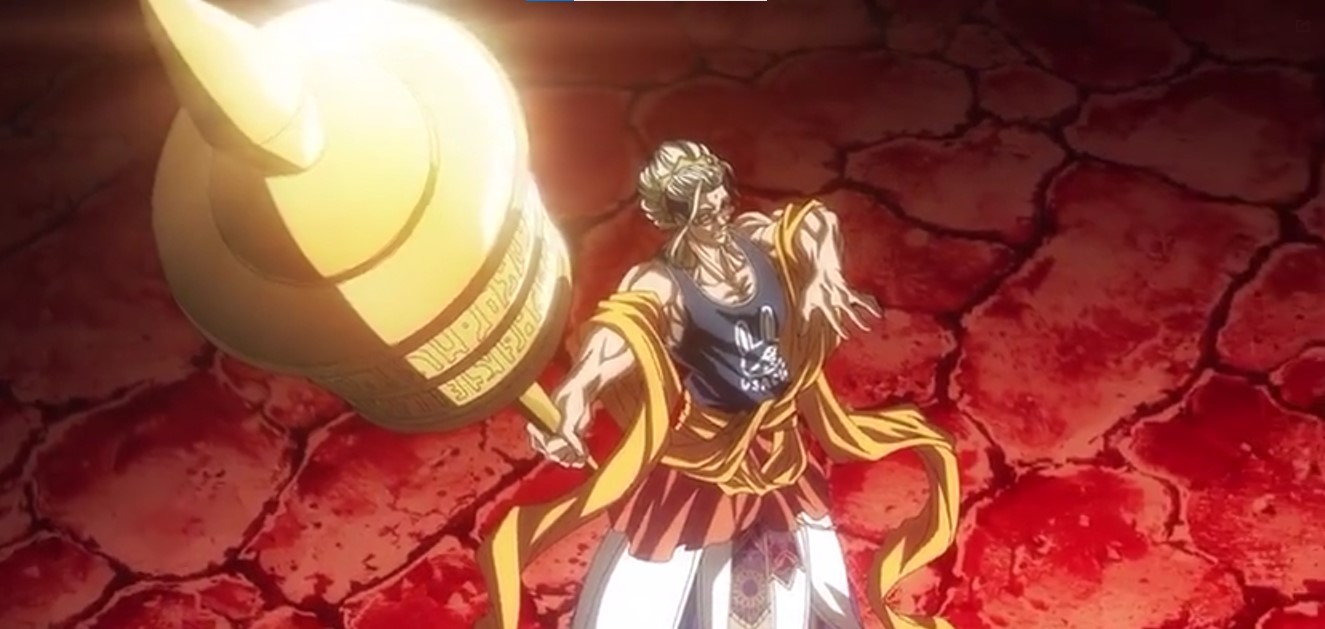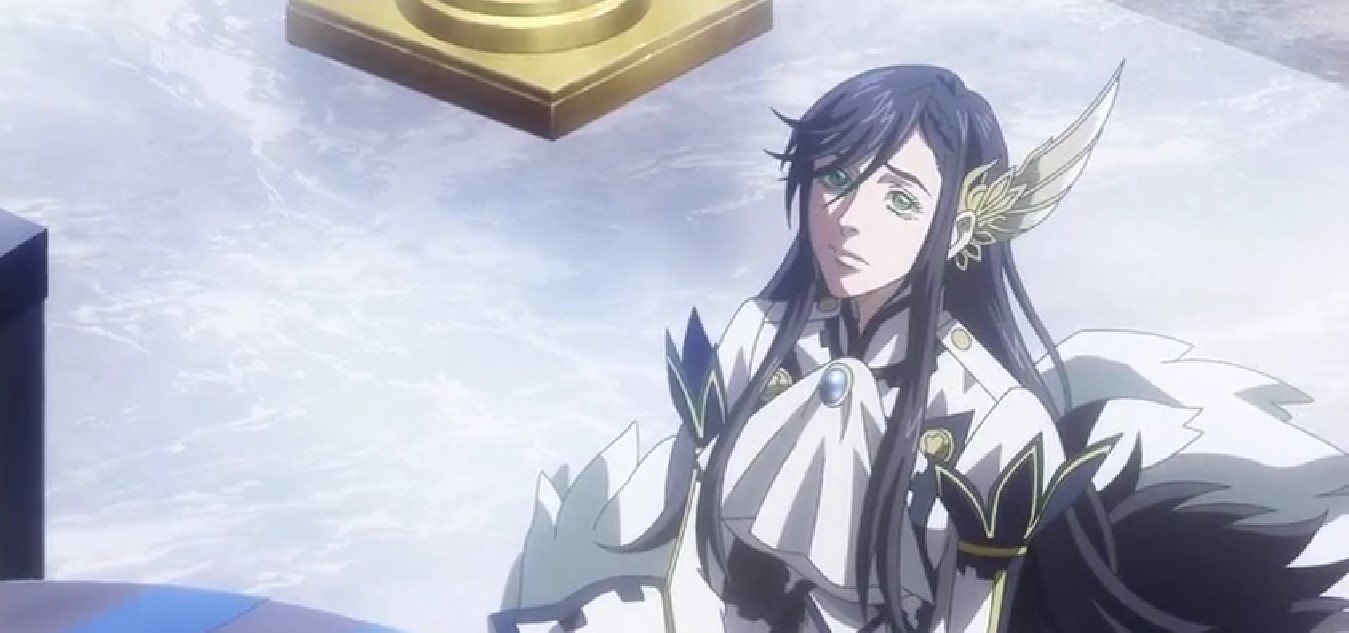Japanese anime and associated industries (such as manga and light novels) have always been consciously preposterous. If ordinary fiction takes something and dials it up to eleven, anime generally takes it to a hundred and eleven. And that is particularly true with a series such as Netflix’s ‘Record of Ragnarok’ or ‘Shuumatsu no Walküre.’ Based on the manga series of the same name written by Shinya Umemura and Takumi Fukui and illustrated by Ajichika, ‘Record of Ragnarok’ tells the story of a grand tournament where legendary champions of humanity take on the gods to decide whether humans should be eradicated for their crime against the world.
By the time the first season ends, three of the 13 duels have already been fought, and the gods were ahead with two wins and one loss. Season two comprises the four and fifth bouts. Here is everything you need to know about the ending of ‘Record of Ragnarok’ season 2. SPOILERS AHEAD.
Record of Ragnarok Season 2 Recap
The action ONA (original net animation) revolves around the premise that every 1000 years, the gods of various pantheons gather at the Council of Valhalla to decide the fate of humans, who have existed on Earth for the past seven million years. During this period, the number of humans has increased exponentially. They have truly conquered the world the gods gifted them, but they have grown greedy, selfish, and vile along the way.
Now their presence on the world threatens the very existence of all other forms of life, with multiple species vanishing from Earth every year. Even at the previous Valhalla Council, the gods decided to spare humanity for another thousand years. That isn’t the case this time around. Zeus, the Chairman of the gods’ Council and leader of the gods, decides to eradicate humanity, and his proposal seems to receive the full support of the gods. However, Brunhilde, the first among the 13 Valkyries, appeals to the vanity of the gods to make them agree to a tournament to decide whether humanity should be eradicated.

According to Norse mythology, Ragnarok or Ragnarök signifies the end of the old and the beginning of the new. In the Netflix anime and the associated manga series, Ragnarok represents humanity’s last chance of survival. When Brunhilde advocates for it, she mentions article No. 62, paragraph 15 of the super special clause of the Valhalla Constitution, which stipulates one-on-one fights between gods and human champions. In season 1, Thor, the Norse god of thunder, defeats Lu Bu, the legendary Flying General from the Three Kingdoms period of China, in the first fight. In the second showdown, Zeus wins the second fight against Adam, the First Man and the progenitor of all humanity. In the third bout, humanity scores its first victory when Kojirou Sasaki, the brilliant swordsman from the Azuchi–Momoyama and early Edo periods of Japan, triumphs over Poseidon, the Greek god of the sea.
In season 2, the fourth fight is between Hercules or Heracles, the man who became god, and Jack the Ripper, the notorious English serial killer from the 19th century. Raiden Tameemon, the great Sumo wrestler or rikishi, takes on Shiva in the fifth bout. Afterward, Zeus visits Buddha to tell him that he will fight in the next bout. Buddha accepts and does show up at the arena but then chooses to betray the gods and switches sides.
Record of Ragnarok Season 2 Ending: What is the current score?
Humans, immaterial of who they are, can never be a match for the gods. To level the playing field, Brunhilde pairs her human fighters, or the Einherjar, with the Valkyries such as herself through Völundr. The literal translation of this word is the forging of divine weapons. However, in the anime, it has a specific meaning. Völundr stands for the union of the soul of a human with the soul of a Valkyrie. The process transforms Valkyries into weapons that humans can wield. However, this bond doesn’t come without risks for the Valkyries. As the fights are to the death, if their humans die, so do the Valkyries.

In season 1, Randgriz and Reginleif perish after the defeats of Lü Bu and Adam, respectively. In season 2, Valkyrie Hlökk reluctantly bonds with Jack the Ripper. She becomes his gloves, allowing him to transform anything he touches in the arena, modeled after Victorian London, into a divine weapon. Jack eventually wins his bout against Hercules by using a move called Dear God. Despite having the chance of ending the match in a mutual kill, Hercules reaches out and hugs his opponent before his death.
For the fifth bout, Thrud, the third of the Valkyries, forms a bond with Raiden, becoming his mawashi (the loincloth that the Sumo wrestlers wear during their bouts) of flesh and bone. This allows Raiden to gain control over his muscles and use all his strength. Although they push Shiva to the limit, tearing off several limbs of the god, it’s not enough. Shiva kills Raiden with a move called Deva Loka. But before he does so, Raiden asks Thrud to leave his body so she will survive. She declines, preferring to die with the man she now loves. At the end of the fifth round, the score is currently 3-2 in favor of the gods.
What is the meaning of the post-credits scene at the end of season 2?
After the fifth bout is over and Shiva wins, Zeus approaches Buddha. He tells the Eastern deity even though he planned to use him later in the tournament, he will be fighting in the next bout. Buddha seems to accept Zeus’ instruction, but when he shows up at the arena in the season 2 post-credits scene, he switches sides and announces that he will fight for the humans, daring any gods to challenge him.

Buddha is one of the few among the gods who are against the eradication of humanity. He is also openly rebellious against the authority of other gods, including Zeus. This is likely related to who Buddha really is in the Dharmic pantheons: he is the proverbial rebel: the one who contests age-old practices of the society. Loki, the Norse god of mischief, seems to figure out that Buddha is the traitor and confronts him earlier in the season.
Before the start of Ragnarok, Brunhilde reached out to Buddha to learn about Samavadhāna, or common destiny, which serves as the founding principal in the Völundr bond. In the manga, in the sixth round, Buddha eventually faces Bishamonten, the Shinto god of war and battles, who will later merge with other members of the Seven Lucky Gods to become Zerofuku, the god of misfortune. After two dragons devour Zerofuku, a new challenger for Buddha appears and identifies himself as Hajun.
Why is Brunhilde helping humans?

Brunhilde is many things — ruthless, manipulative, and vindictive. At the same time, she is capable of great love. She evidently cares about both her sisters and the Einherjar and grieves those who die during the duels of Ragnarok. She seems to harbor a deep dislike for most gods, making her a perfect accomplice of Buddha. She is helping humanity because she wants to protect them from the gods and give them another 1,000 years of peace and prosperity. While she accepts that humans have shortcomings and that what they have done to their world is inexcusable but believes that doesn’t warrant their destruction.
Read More: Record of Ragnarok Ending, Explained


You must be logged in to post a comment.